The “Informal Meeting on Cyprus in Broader Format” was held in Geneva on March 17-18. The meeting began in the evening of Monday with dinner and followed by bilateral meetings of the delegations with the U.N. Secretary-General (UNSG) Antonio Guterres on the morning of March 18, which concluded with the two plenary sessions at the Palais des Nations with the attendance of the Turkish Cypriot and Greek Cypriot sides and the guarantor powers; Türkiye, Greece and the United Kingdom, which was represented at a lower level. As a member of the Turkish Cypriot delegation, I have attended all the meetings.
As clearly stated in the invitation letter by the UNSG that was sent to both leaders on March 3, the purpose of the meeting was “to have a meaningful discussion on the way forward on the Cyprus issue.” The UNSG also clearly declared that the United Nations would support the Cypriot leaders in finding “a mutually acceptable way forward on the Cyprus issue.” Guterres concluded in his invitation letter that he hopes this meeting “will serve to renew dialogue and mark the start of a more positive dynamic for the future.”
The Turkish Cypriot side exactly took off from this statement and complied with the requests of the UNSG. The Turkish Republic of Northern Cyprus (TRNC) President Ersin Tatar attended the Geneva meeting with a constructive spirit and pragmatic attitude with the determination to move forward with the motto of “the Turkish Cypriot and the Greek Cypriot people deserve a better future.”
The history of Cyprus has demonstrated in a most dramatic way that any solution that is not based upon equality and the consent of both sides is bound to fail. Having said this, dialogue has long been and is actually the only mechanism for maintaining and managing relations between the two parties. In other words, dialogue and negotiated settlement is the sole way for both sides to leave their conflictual relationship and begin to interact on mutual interest.
Having said this, instead of discussing the failed and exhausted ground and being the guardian of the status quo, the Turkish side is focused on achievable successes. Stating differently, against the status quo that has become a modus vivendi on the island sustained by the fact there is no common ground between the two sides, the Turkish side pushes for “common ground for the common good” as stated by President Tatar at the preliminary of the Geneva meeting. Therefore, deriving from the fact that both leaders have the responsibility to improve the lives and prosperity of both the Greek and the Turkish Cypriot people on the island, the Turkish Cypriot side argued that it was time to establish a functional and formal relationship between the two sides.
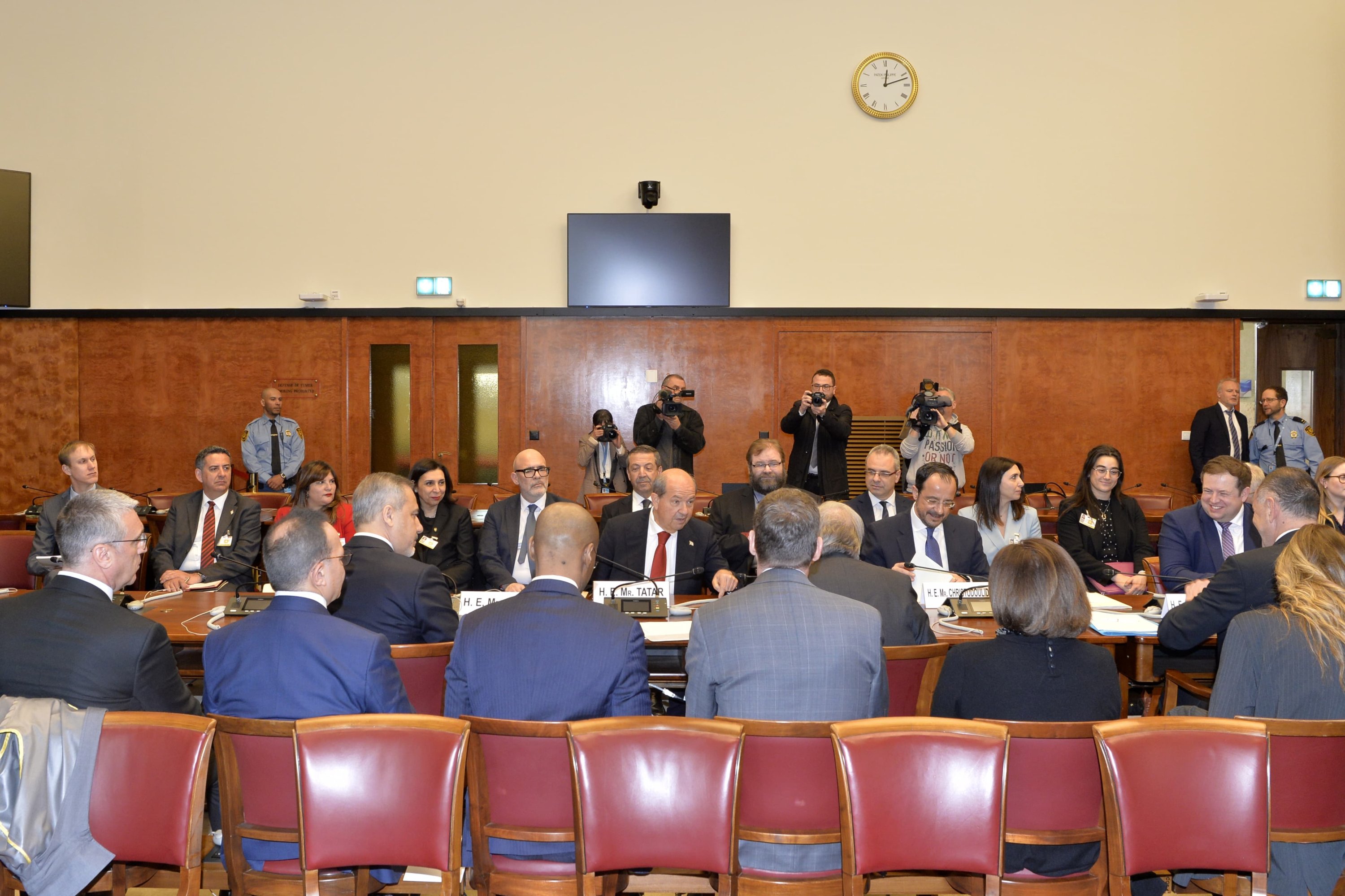
Inspired by this spirit and motivation, TRNC President Ersin Tatar proposed a revolutionary and groundbreaking proposal in Geneva. According to this proposal, the Cyprus Cooperation Council (CCC) is offered as the basis for a sustainable future on the island. It is offered that the CCC is composed of the two leaders, negotiators and officials that have authority on relevant issue areas. It is also stated that the CCC may include representatives from the guarantor powers along with the U.N. and the European Union as observers.
It is stated that the CCC shall develop and promote cooperation in the fields of: hydrocarbon resources in the Eastern Mediterranean, electricity interconnectivity to the EU grid, tourism, trade, banking and financial transactions, judicial matters, irregular migration, transition to green energy, climate change, management of the freshwater resources of the island, demining, and joint action on human-made and natural disasters. The Turkish side also left the door open for other areas of cooperation that could be offered by the Greek side through the CCC.
In order to make CCC decisions binding and effective, the Turkish side also offered that decisions shall be taken by consensus at CCC which shall be reflected in the domestic legislation of each side afterward. It is also stated that in cases where consensual decisions cannot be reached, each side could proceed through its independent domestic decision-making.
To sum up, as this proposal demonstrated, the Turkish Cypriot side once more proved its commitment to settle disputes by peaceful means through diplomacy and dialogue. Therefore, the “Informal Meeting on Cyprus in Broader Format” will be remembered in history as a brand-new and thrilling proposal of the Turkish Cypriot side that calls for a meaningful dialogue as the only way forward on the achievement of full prospects of the island of Cyprus under the current stalemate.
Unfortunately, this proposal that bridges the present to the future was straightforwardly rejected by the Greek Cypriot leader Nikos Christodoulides. Arguably, the Greek side once more opted to keep the status quo and missed a prospect to build the future of our island together. In consequence, the informal meeting is concluded with very limited success and only includes agreement on further discussion on the opening of the new four crossing points, the establishment of a technical committee on youth, initiatives on the environment and climate change including the impacts on mining areas; solar energy in the buffer zone, the restoration of cemeteries, appointment of a Personal Envoy on Cyprus to prepare the next steps and agreed upon another gathering for an informal meeting with the same format and participants in Geneva again in the end of July of this year.
If the Greek side had been able to seize this historic opportunity and approached it with pragmatism, not only both sides of the island but also the homelands, Türkiye and Greece, together with the whole region could have greatly benefited from it where the necessity for cooperation and stability is needed most in this already turbulent region.

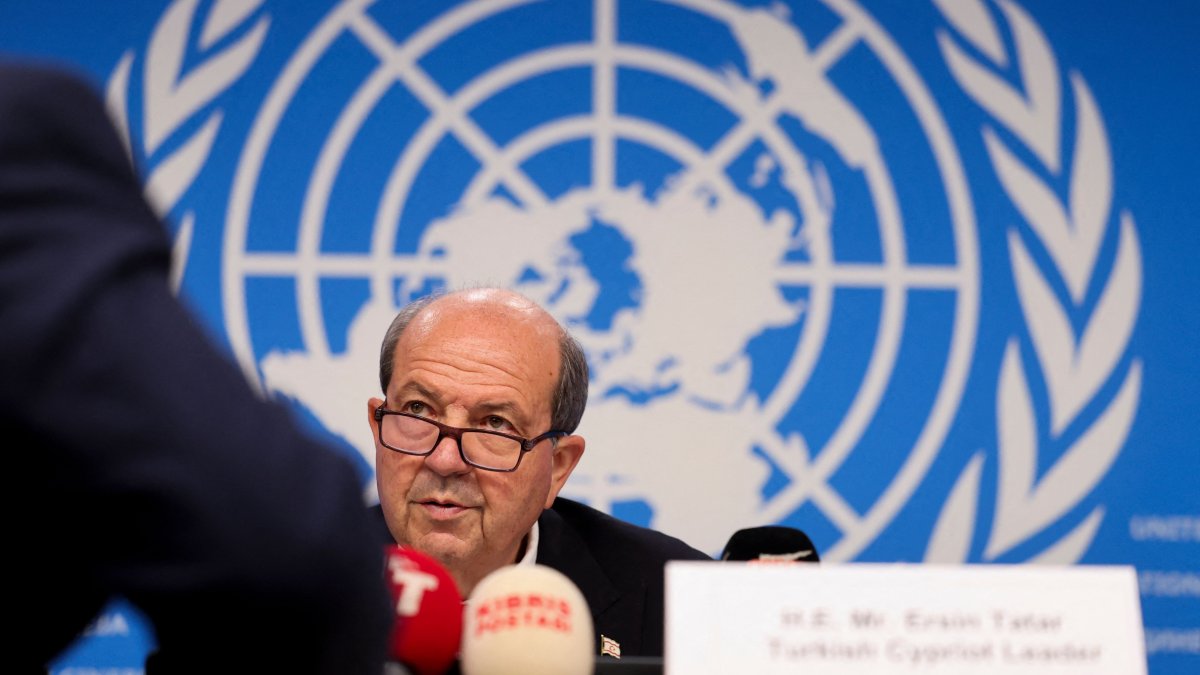


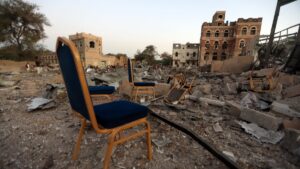
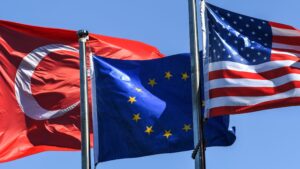
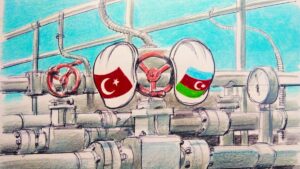

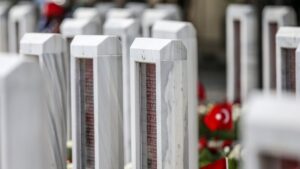


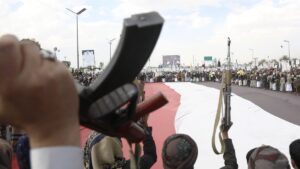






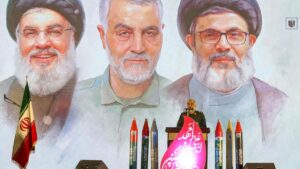


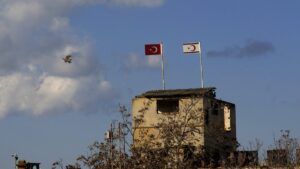





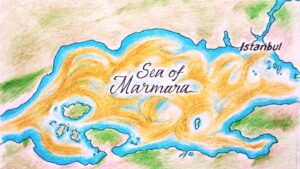
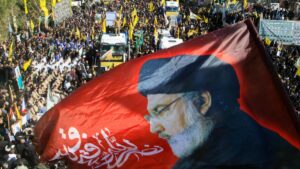

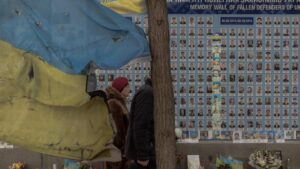




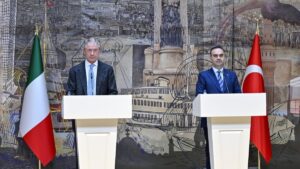
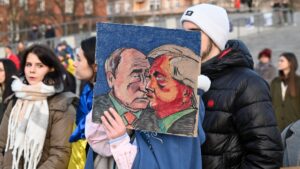



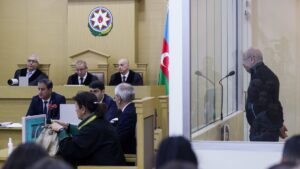
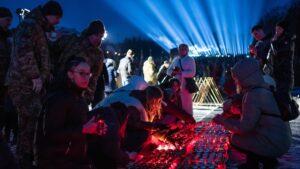
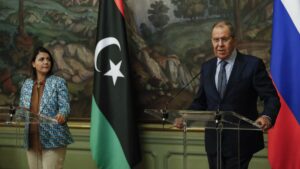
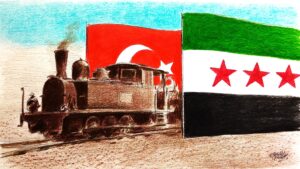
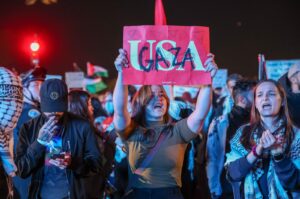



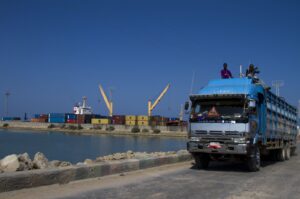
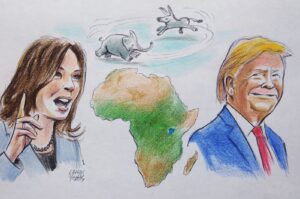


Be First to Comment